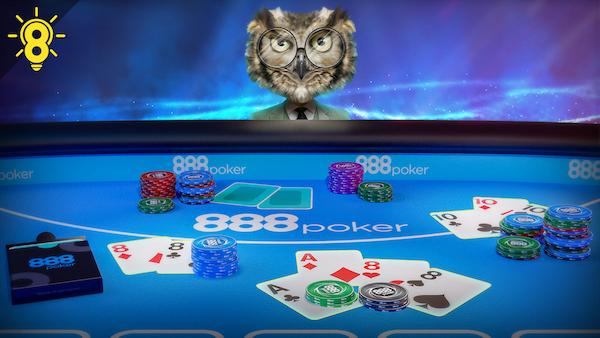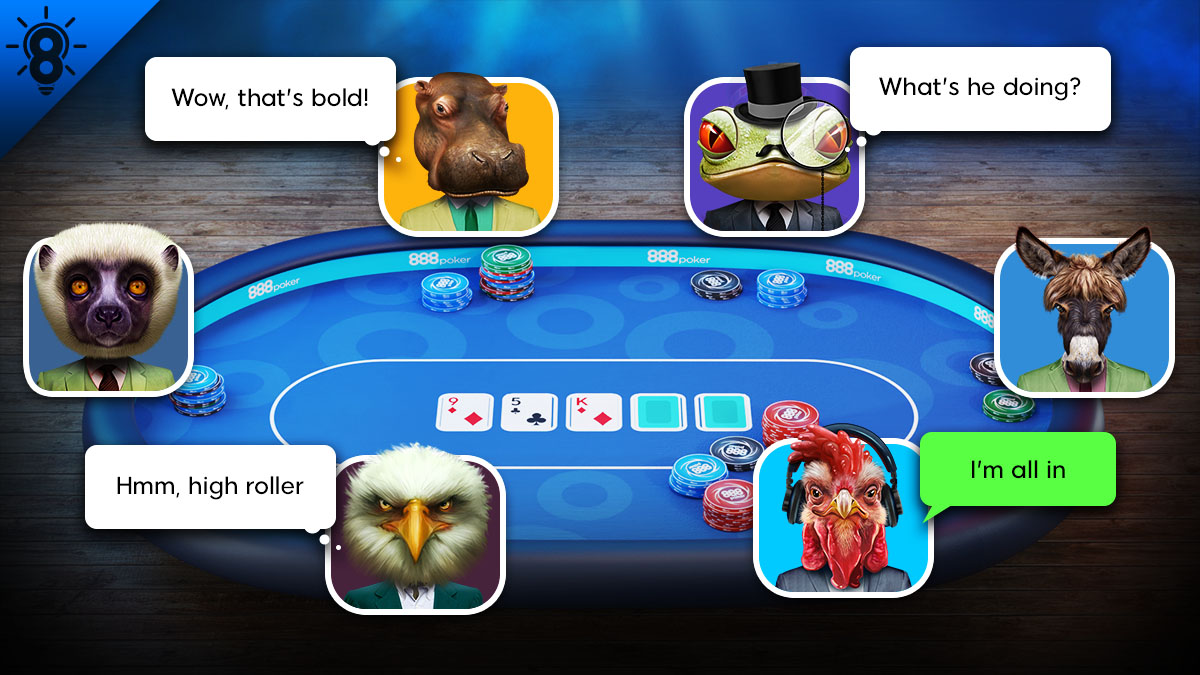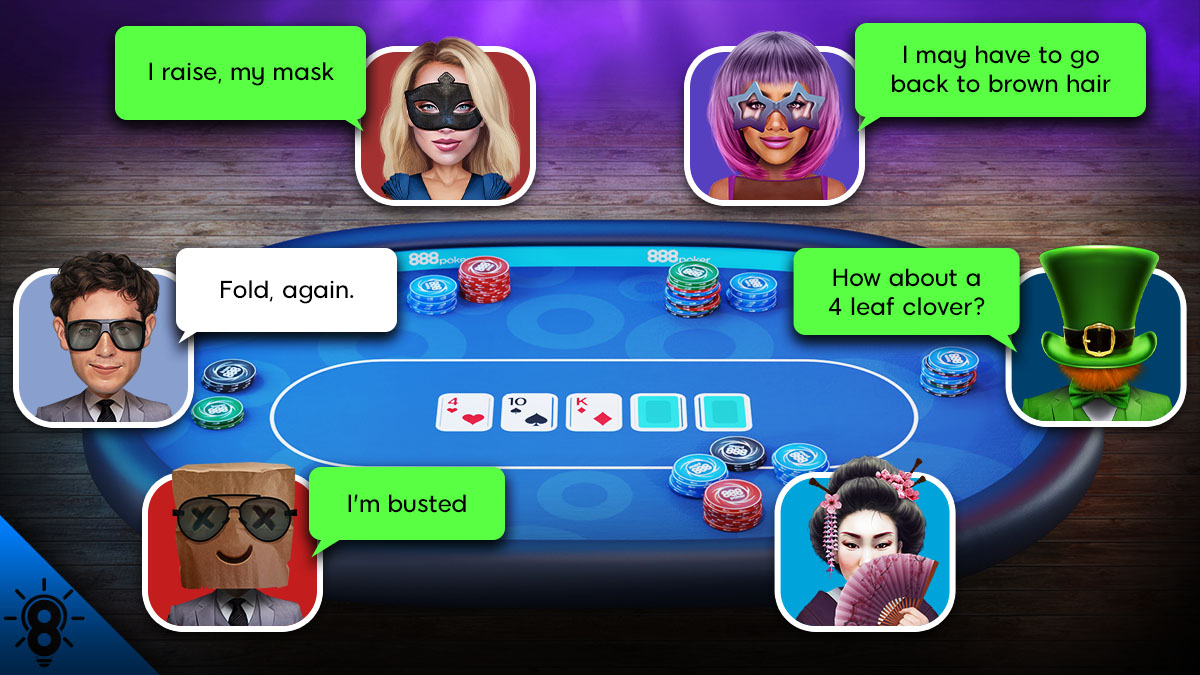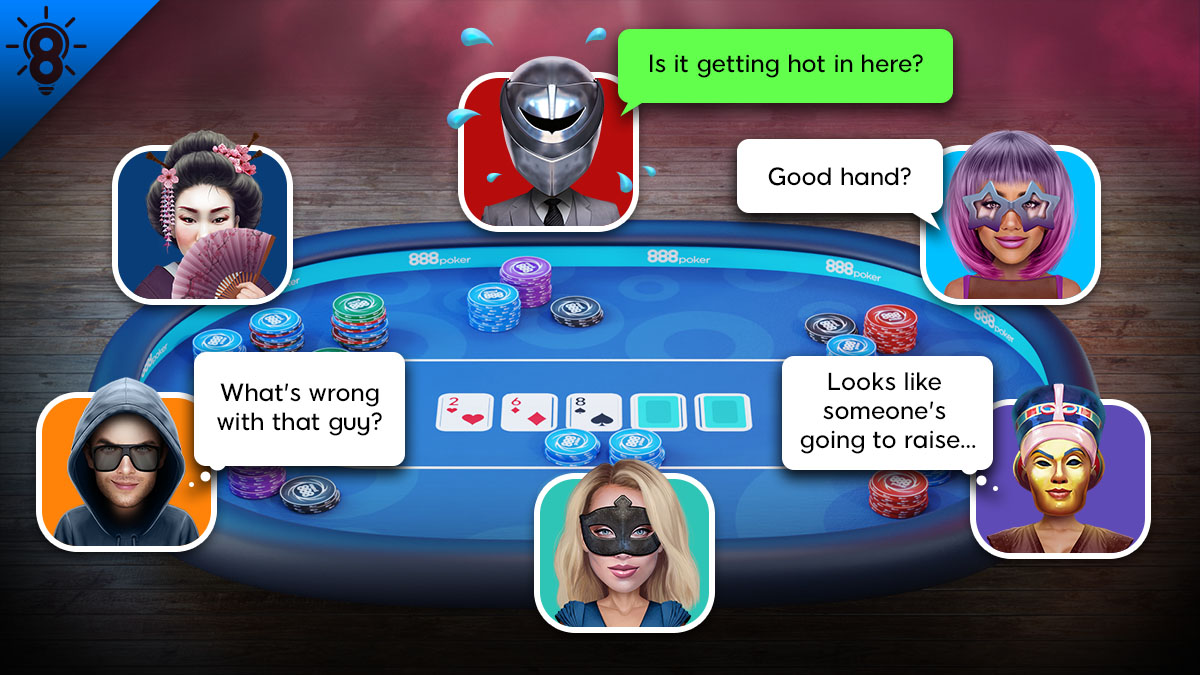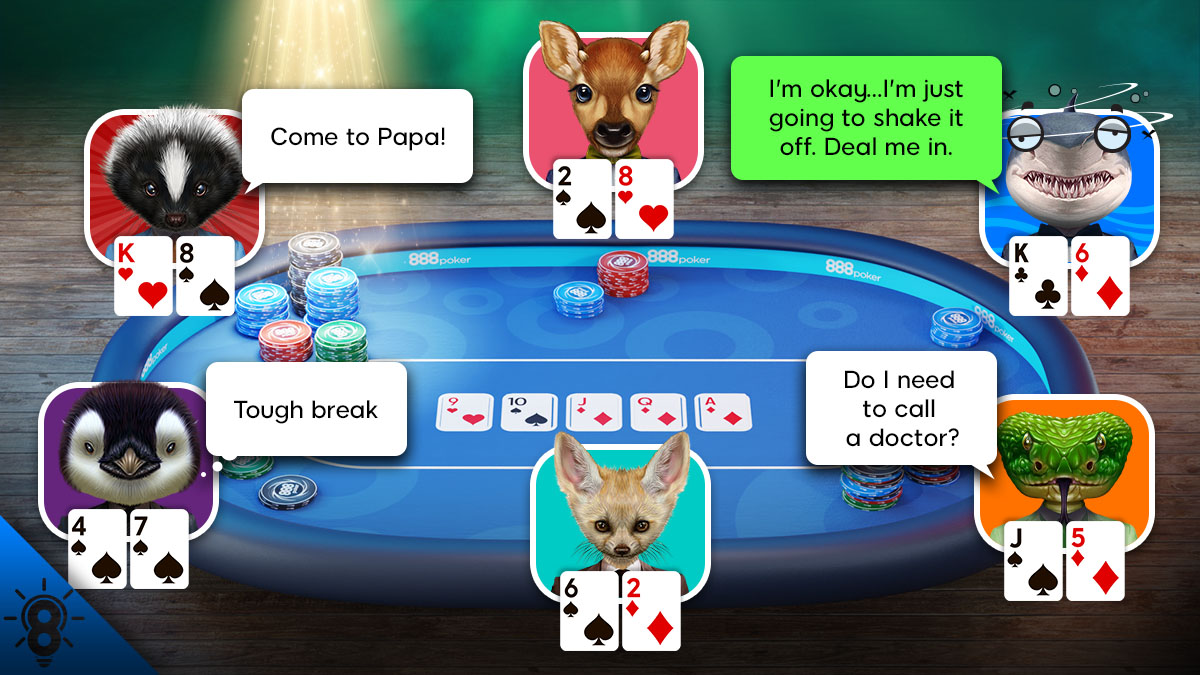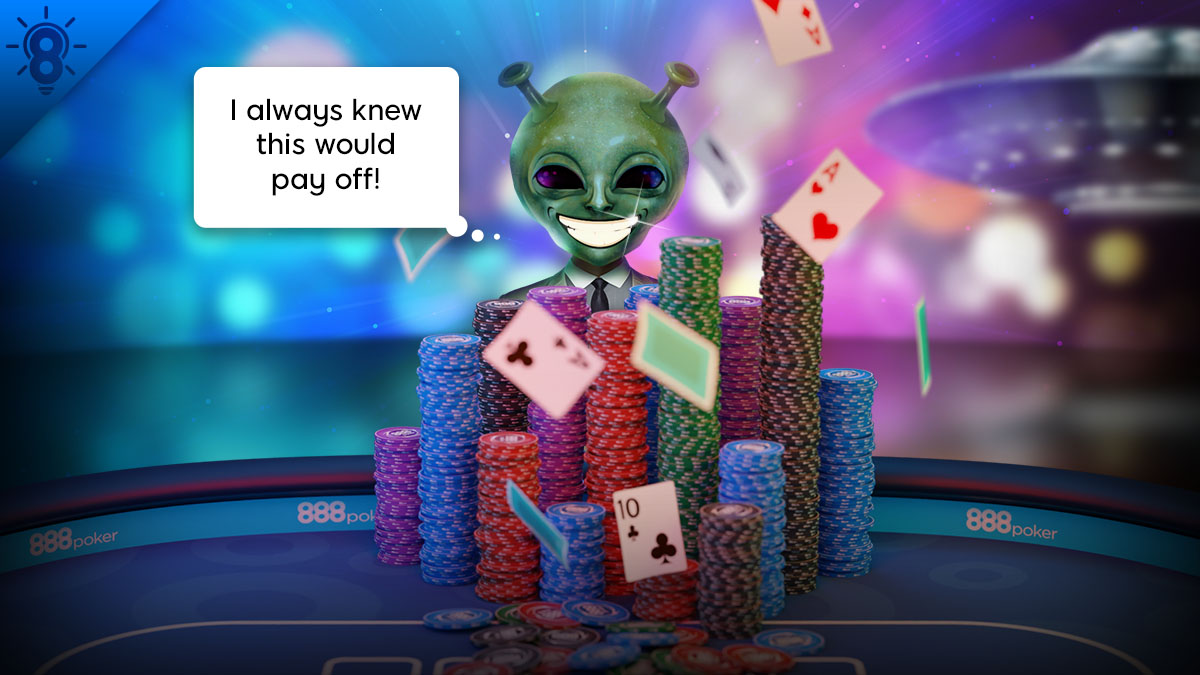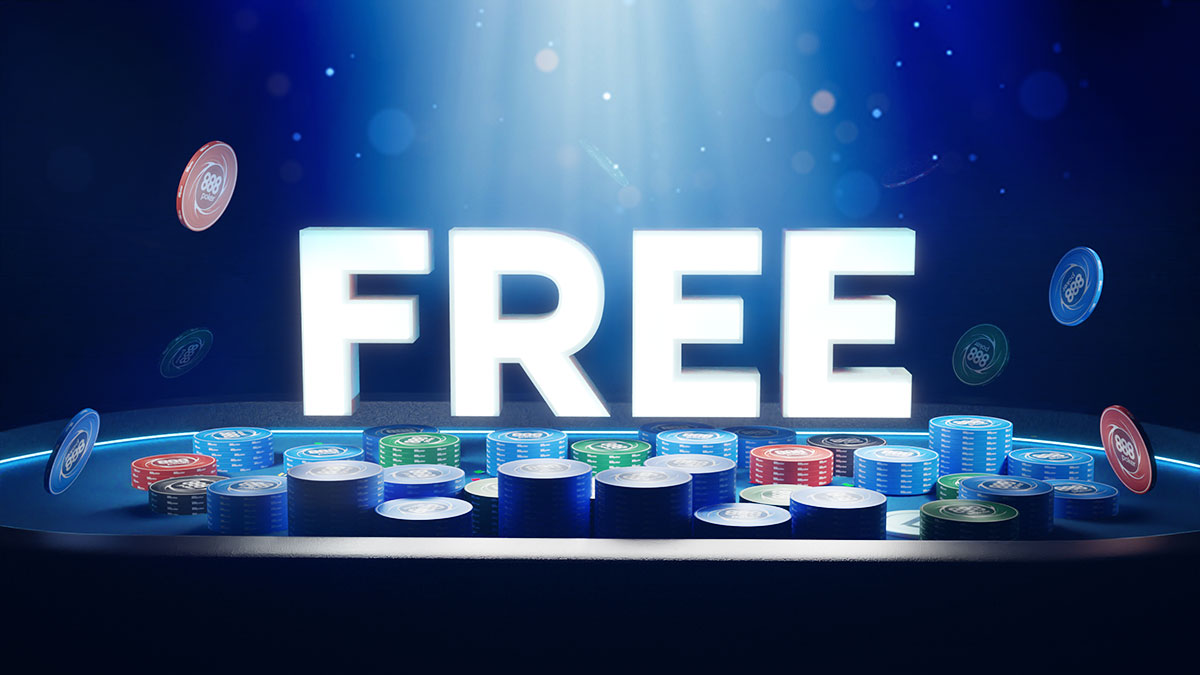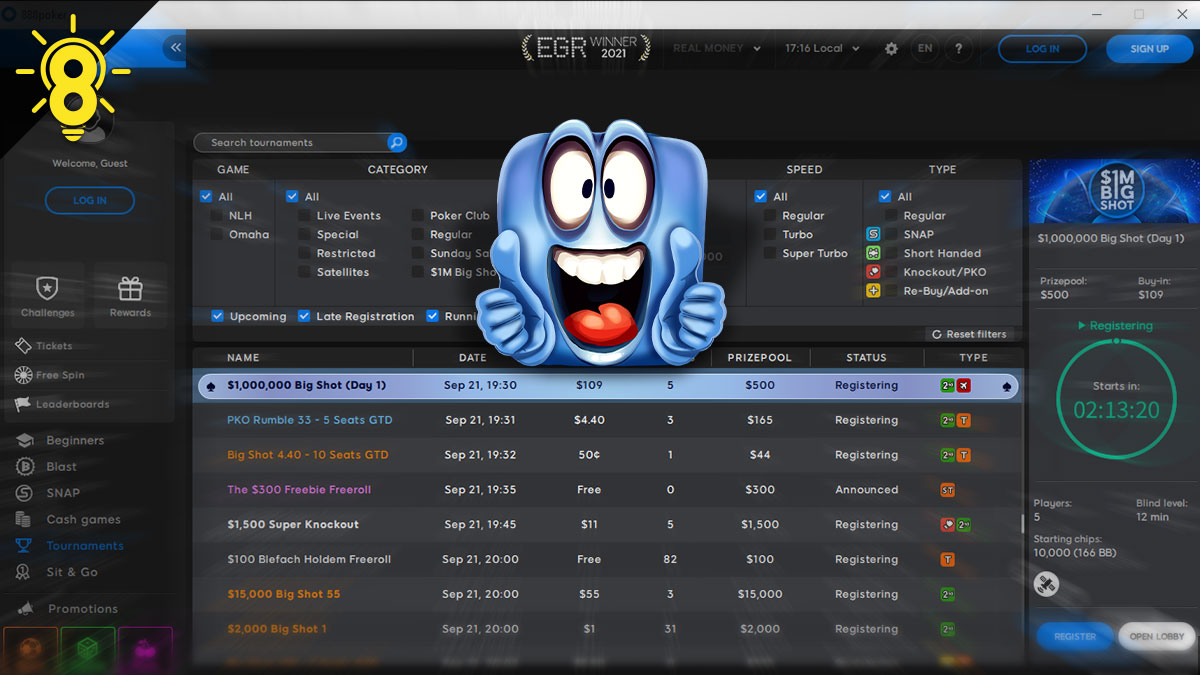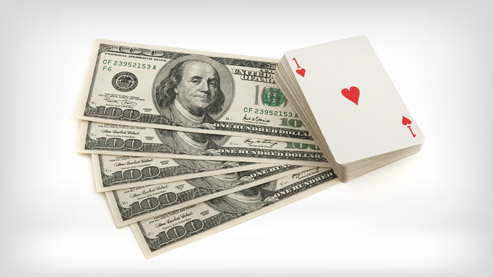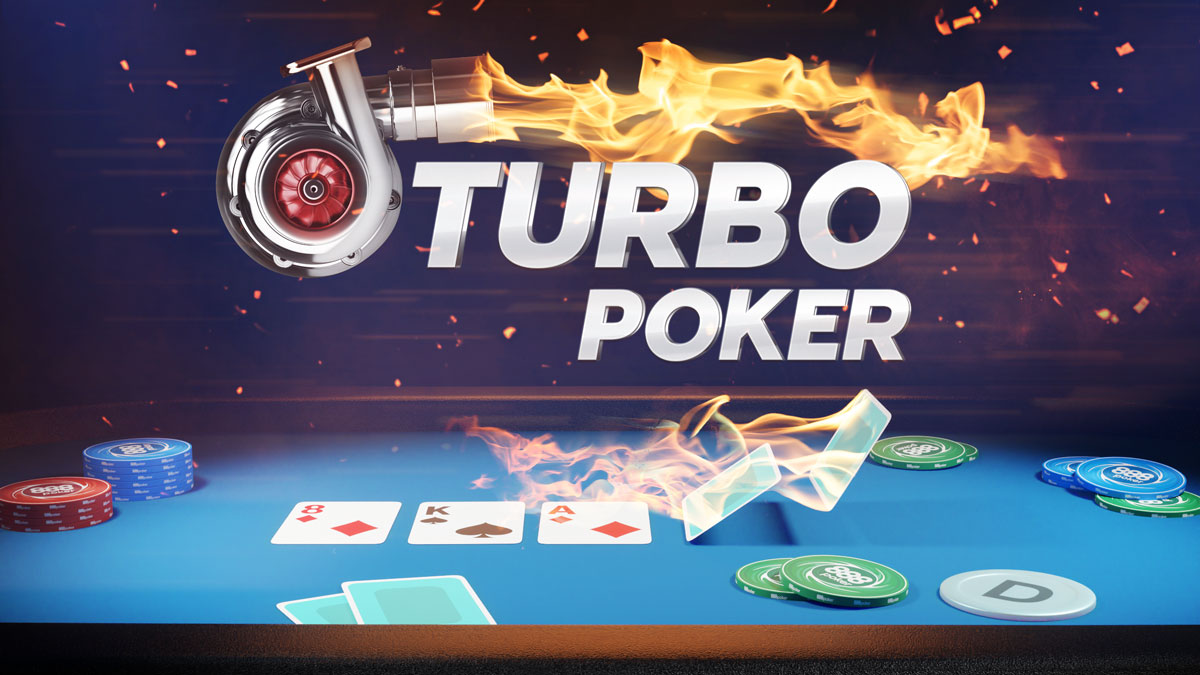Poker is not overly complex. Grasping the basics of the game and identifying the strength of a few hands can be achieved swiftly. However, truly excelling and creating a consistent profit from poker can take a lifetime to master. basic poker rules For those stepping into the world of poker, it's vital to enjoy the thrill of the game while also being mindful of the significant losses that can occur without proper knowledge. So, how can you begin your journey to becoming a poker champion?
To help you get started, here are NINE strategic tips for poker that will pave your way: poker Winning in poker necessitates a strategic approach to betting, and often, substantial bets lead to substantial wins. Poker relies on calculated and aggressive plays, and as you become familiar with the game, you will realize when to increase your aggressiveness at the table.
Many beginner players tend to be overly timid, often checking when they should be betting or calling when raising is appropriate. When you hold strong opening cards, such as high pairs or strong hands like A-K or A-Q, you should adopt a more assertive play style than you might assume.
